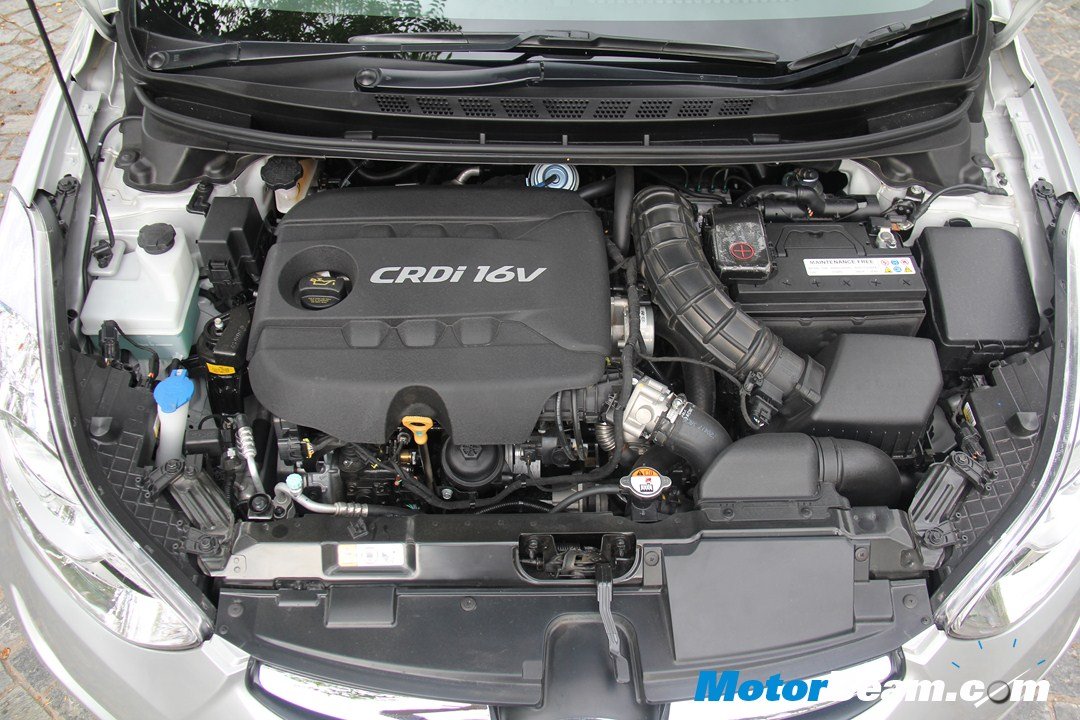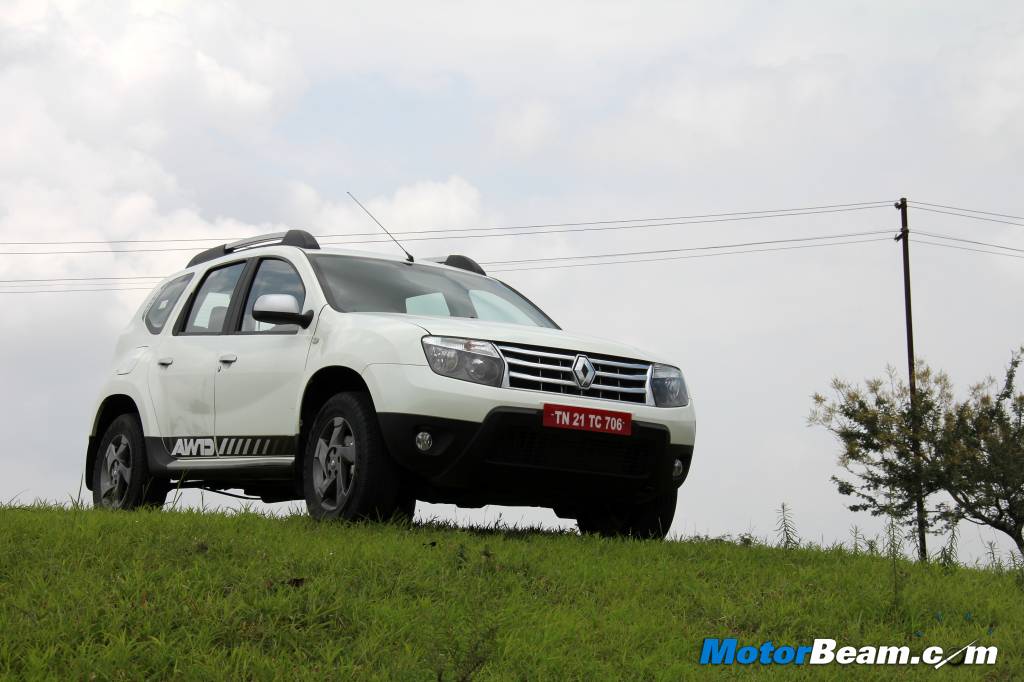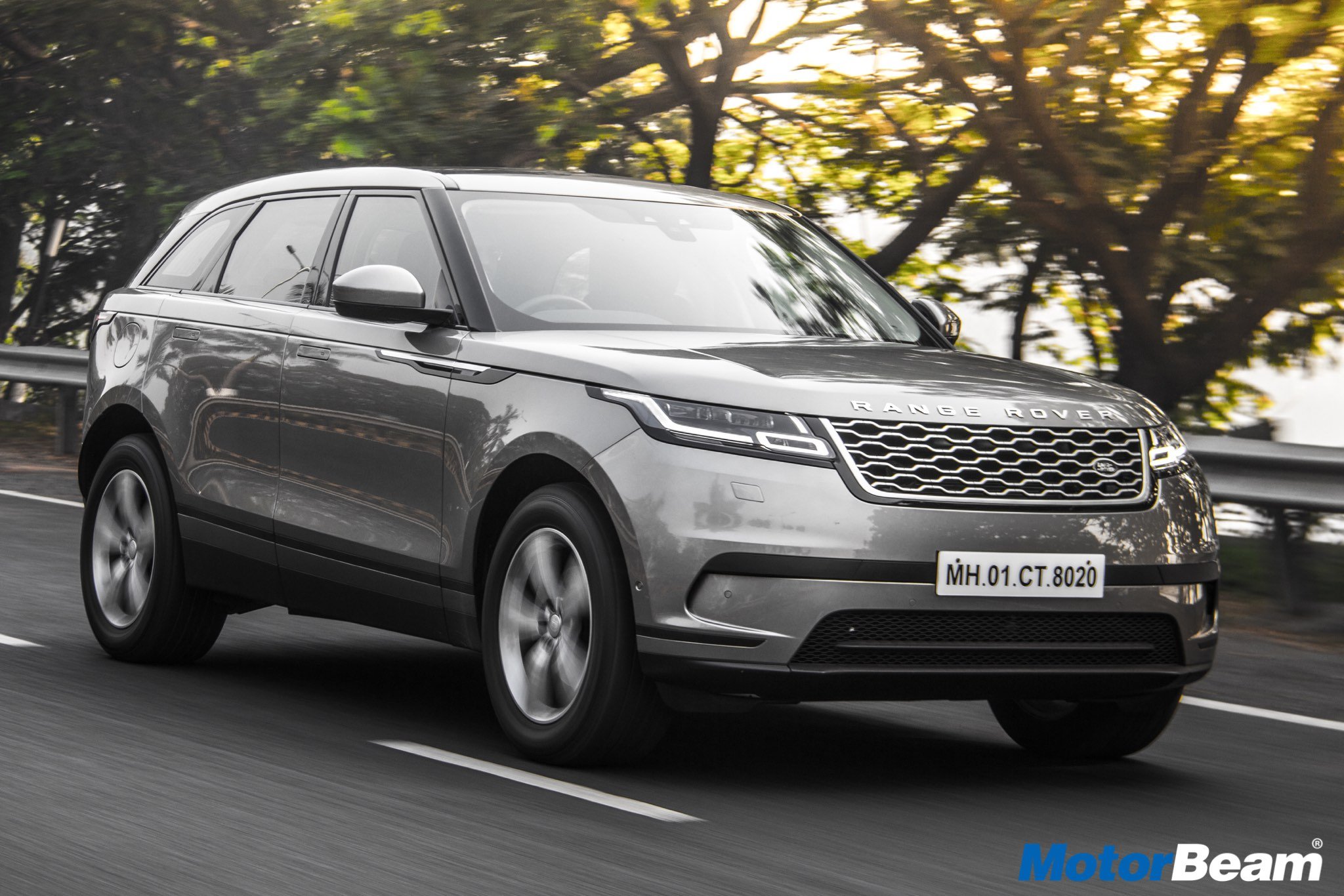Just recently the Society of Indian Automobile Manufacturers (SIAM) requested the Indian Government to consider reduction in excise duty on cars. Earlier this year, the Centre increased excise duty on cars, causing further decline in sales. The rising interest rates and increase in car prices have impacted sales of cars adversely. Many have opinionated that the difference between petrol and diesel fuel prices is too much and should be reduced.
Now the Indian Government has shown obedience by hiking diesel fuel price by Rs. 5/- per litre. SIAM has released a statement saying they welcome the Government’s decision to reduce the price difference between diesel and petrol fuel. Sadly there is no foresight into this matter and SIAM’s welcome statement is short lived. Soon the Indian Government will hike petrol fuel prices to the tune of Rs. 4/- which will again reduce the difference between both the fuels.
So what is really happening? When petrol fuel price is hiked, the effect is a slight reduction in petrol vehicle sales. However when diesel fuel prices are hiked, the effect is much bigger. There is very little decrease in diesel car sales as engines in diesel cars are way more advanced than their petrol counterparts. Diesel cars offer much better performance and mileage, which doesn’t decrease the demand of such vehicles. The biggest problem after diesel fuel price hike is borne by the common man. With the commercial segment running on diesel power, cost of everything will soon shoot up (vegetables, fruit, etc).
I don’t favor diesel or petrol fuel, each has its own advantage and disadvantage. But the Government needs to quickly take a stand on fuel pricing strategy. This constant loop of confusion over future fuel pricing and excise duty structure is nothing short of shocking. The Government needs to reduce state level taxes (specially VAT) in order to reduce fiscal deficit caused by subsidizing fuel. But wait, lets not forget our fiscal woes are caused by coal, telecom and airport scams!





